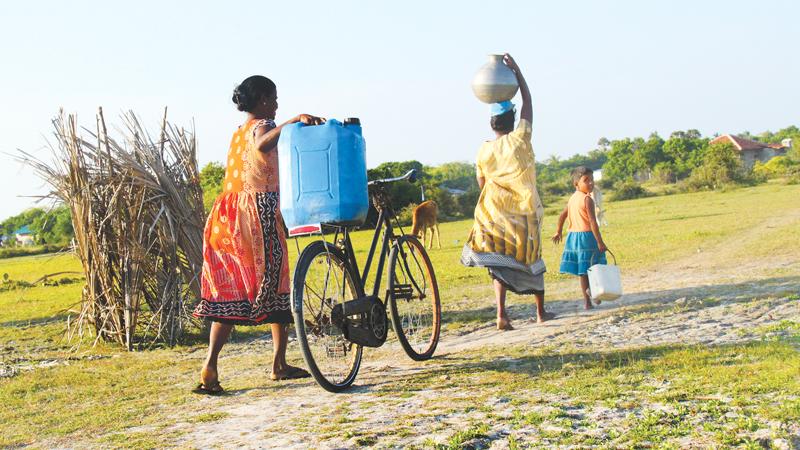
The United Nations celebrates World Water Day on March 22 every year to raise awareness of the global water crisis. The core focus of the observance is to support the achievement of Sustainable Development Goal (SDG) 6: water and sanitation for all by 2030.
The theme of this year’s World Water Day 2021 is ‘Valuing Water’. The value of water is about much more than its economic value – water has enormous and complex value for our households, food, culture, health, education, economics and the integrity of our natural environment.
The Rehabilitation of Degraded Agricultural Land Project (RDALP) of the Food and Agriculture Organisation (FAO) of the United Nations has launched a series of initiatives to stop water and soil pollution in the central highlands of Sri Lanka, said the National Project Manager Nimal Gunasena.
Water is an essential input for food production and therefore crucial for food security. Water is also an important land resource. All sustainable Land Management (SLM) initiatives of the RDALP have mainly focused on soil and water. “We have launched a series of programs in the Kandy, Badulla and Nuwara Eliya districts to stop water and soil pollution, conservation of watersheds and micro catchments and improve ground water recharge,” Gunasena said.
He said that soil and water pollution from unsustainable agriculture is the most serious issue. According to studies, inorganic fertiliser use in Welimada is two times higher than the recommended amount. Government incentives such as fertiliser subsidy given to increase food security have encouraged farmers to use more inorganic fertiliser. Now the government is introducing various programs to reduce inorganic fertiliser use. To support the government’s programs RDALP encourages farmers to adopt SLM and Good Agricultural Practices (GAP) to reduce chemical fertiliser usage and soil pollution, prevent soil erosion and improve soil quality.
FAO has introduced portable soil test kits and site-specific fertiliser recommendation programs and it has supported to cut inorganic fertiliser usage significantly.
With the success of the program FAO also provided 100 soil test kits to the Ministry of Agriculture to further expand soil test-based fertiliser application, he said.
